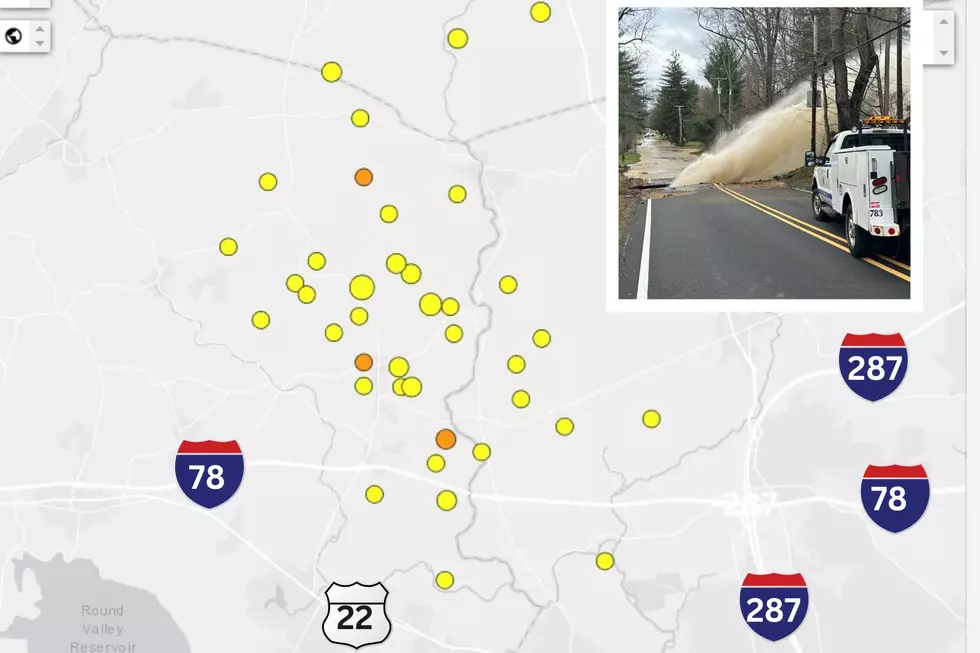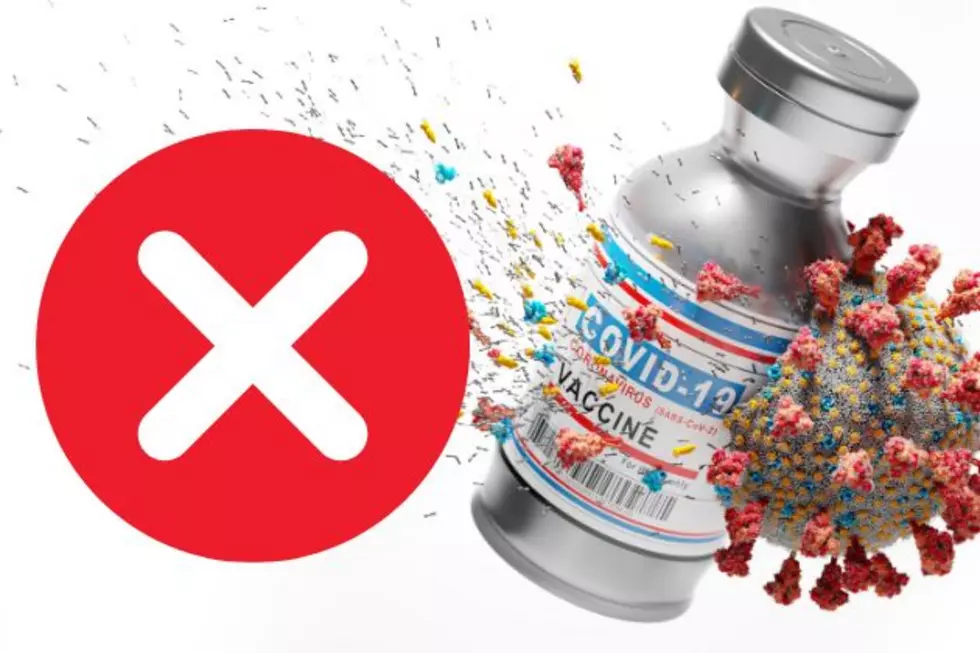
NJ training doctors to prescribe meds that fight addiction
A Garden State medical school is the first in the nation to offer the doctors of tomorrow a medication-assisted treatment course that will allow them to better address the opioid epidemic when they become physicians, no matter what specialty they choose.
In order to be able to prescribe drugs like buprenophine and naloxone (low-dose narcotics that help control cravings) to recovering opioid addicts, doctors must become federally certified by completing an in-depth medication-assisted treatment (MAT) course.
They have to pass a test after an eight-hour course.
Dr. Lewis Nelson, chairman of emergency medicine at the Rutgers New Jersey Medical School in Newark, believes it’s important to get medical students trained in this kind program early on because MATs are most effective in helping people break the cycle of addiction.
“There are alternatives that don’t involve medication, which don’t really work as well — things like 12-step programs and abstinence programs and things like that.”
Under federal law, even after completing the course, one must be licensed and registered with the federal Drug Enforcement Administration in order to write prescriptions for buprenorphine.
He said to effectively address the opioid epidemic we must “turn off the spigot” so drugs like heroin and black-market prescription pain medications are not so easily available. But the other part of the equation is offering effective treatment to those already addicted.
Nelson said the advantage to teaching medical students about MATs before they graduate “is to just put it in front of people and just make sure they understand how important addiction is as a problem in this country, rather than wait until they’re fully trained and then we want to retrofit this into their practice.”
“Every specialty, regardless of what you wind up doing, you’re going to see patients who have addictions, long-term use disorders. That’s really why we’re giving them the tools early.”
Nelson said all parts of New Jersey have suffered horribly from the opioid addiction problem.
“In Newark we tend to have a heroin problem; in the suburbs it tends to be a prescription drug problem. But in reality, an opioid is an opioid and the treatment really is the same.”
According to statistics from the state Attorney General’s Office, 2,221 people died from drug related causes in New Jersey in 2016, the most recent year statistics are available for, and the total is expected to continue to rise.
You can contact reporter David Matthau at David.Matthau@townsquaremedia.com
More From New Jersey 101.5 FM









